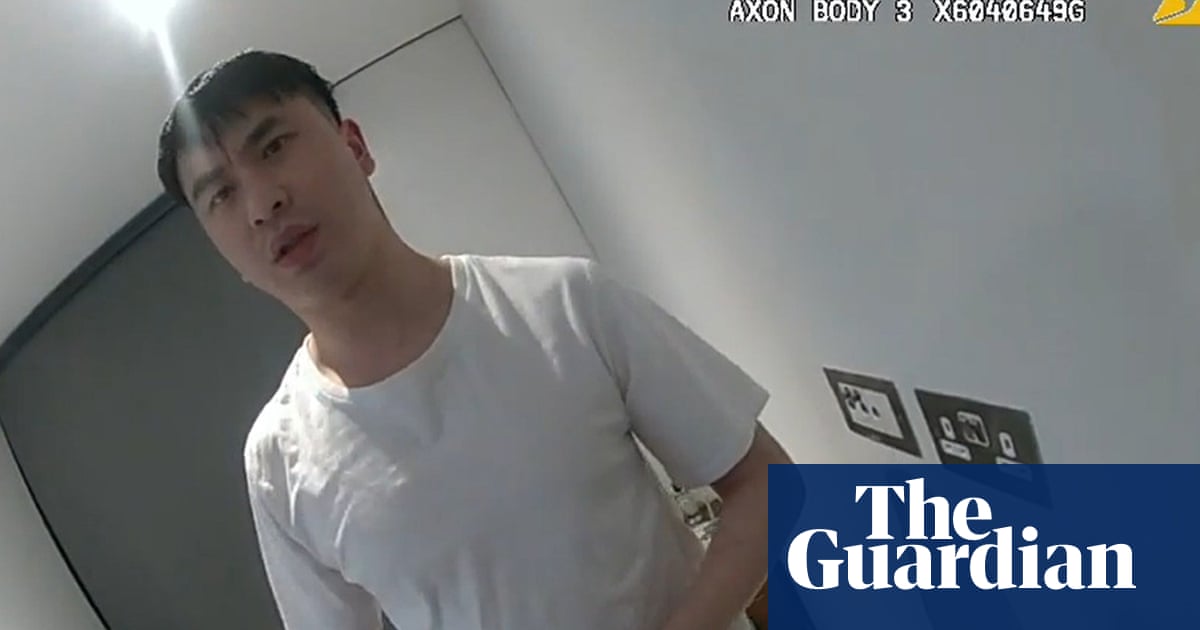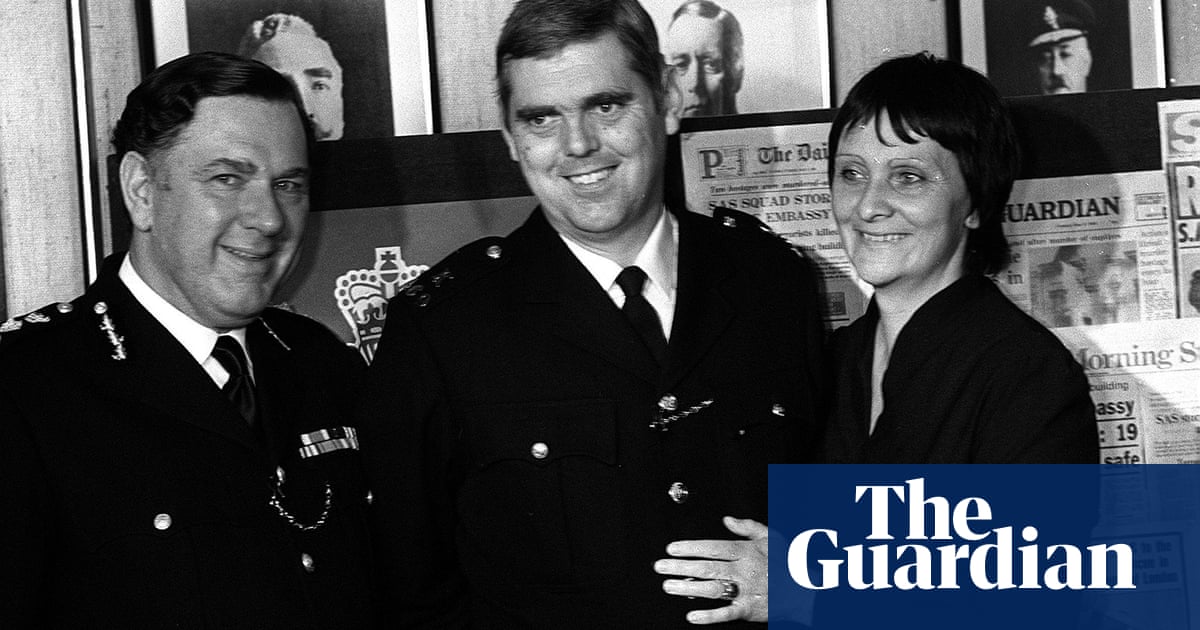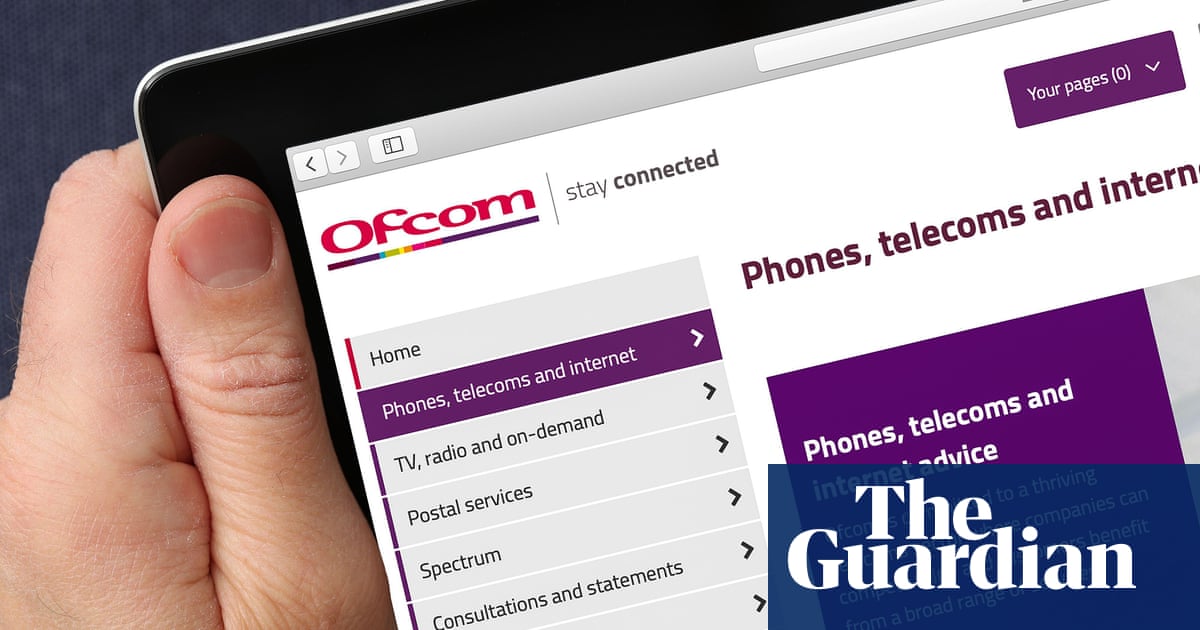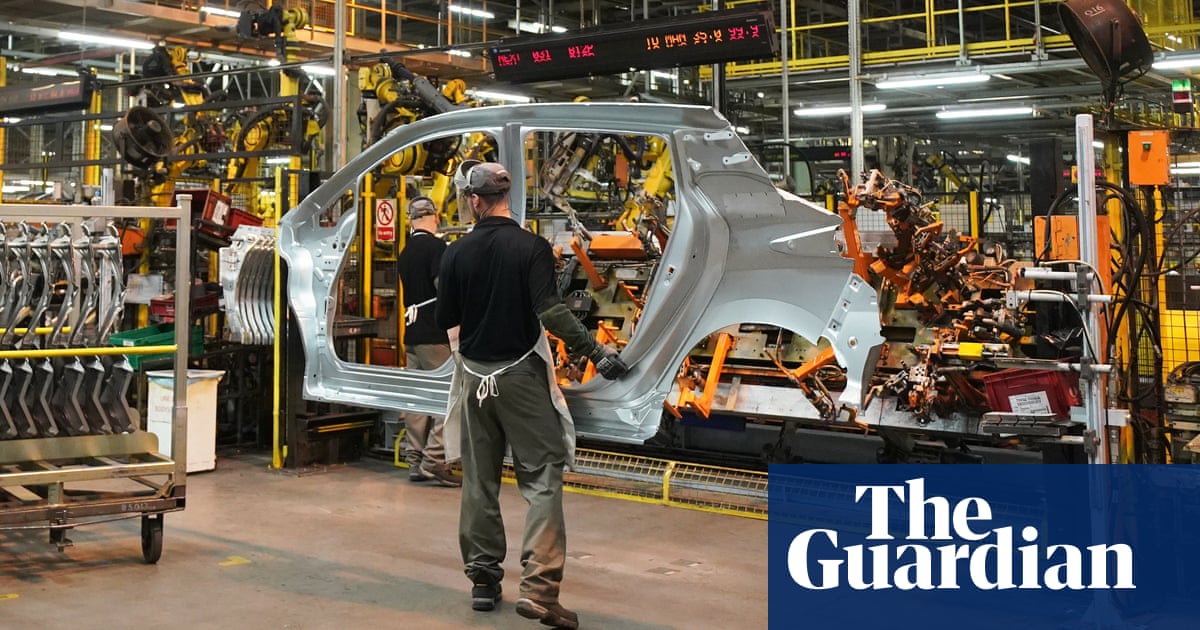Ministers believe Britain will be hit by more tariffs when Donald Trump unveils his latest round of trade barriers on Wednesday as part of what the US president is calling “liberation day”.
On Sunday night, Keir Starmer spoke with Trump in what Downing Street described as part of “productive negotiations” towards a deal. A No 10 spokesperson said both men had agreed talks between the two sides would “continue at pace this week”, adding: “They agreed to stay in touch in the coming days.”
Senior members of the government have been engaged in intense negotiations over recent weeks as they race to agree a trade deal with the US, which could avoid the UK being included in the package of measures.
The stakes are high for the British government – forecasters have said a 20 percentage point increase on tariffs on UK goods and services would cut the size of the British economy by 1% and force the chancellor, Rachel Reeves, into tax rises this autumn.
Officials now fear, however, they will not have agreed the deal in time, sources have told the Guardian, and are resigned to being hit by whatever Trump announces on 2 April.
But ministers will continue negotiating after that date, hoping they can avoid a damaging hit to UK economic growth by agreeing a deal to reduce tariffs once they have already been promised.
One Whitehall official told the Guardian: “We have been working hard behind the scenes for a while on an economic deal, and that work continues. But we don’t see Wednesday as a hard and fast deadline.”
Another said: “If we don’t get a deal by Wednesday it won’t be the end of the world. The main thing is to make sure we get enough from the US to make a deal worth signing.”
Trump has said he will unveil what he says are “reciprocal” tariffs on trading partners around the world on Wednesday. Last week, the US president announced he would introduce a 25% tariff on car imports to the US on 2 April, which would hit British carmakers such as Bentley and Aston Martin.
But just days ahead of the larger announcement, even White House officials say they have little sense of which tariffs the president intends to levy, on which countries and by how much.
British negotiators, led by the business secretary, Jonathan Reynolds, have been talking to their US counterparts for weeks to agree a technology-focused trade deal, which they hope would also exempt the UK from the heaviest of Trump’s tariffs. Downing Street officials are closely involved in the talks, including the prime minister’s head of international economic affairs, Michael Ellam, and his business adviser Varun Chandra.
In an indication of how far the British government is willing to go to sign the deal, ministers have offered to drop the UK digital services tax (DST). The DST is a levy on the revenues of the world’s largest technology companies – almost all of which are US-based – which is forecast to raise £1.1bn by the end of the decade.
British officials are increasingly gloomy, however, about the prospect of getting the deal done in the next three days, albeit while still hoping it could come together at the last minute.
after newsletter promotion
“This is an unpredictable situation and an unpredictable administration,” said one. “We’re having to plan for every scenario.”
If the Trump administration does include the UK in its announcement on Wednesday, Britain is unlikely to reciprocate with its own tariffs, according to people familiar with the government’s thinking. Doing so would imperil the chances of signing a deal in the future, they added.
One said: “Everything is on the table. But unlike other trading partners such as the EU, our approach will be to keep a cool head and keep talking. We know British industry does not want a trade war.”
However, this approach has come in for criticism in recent days. Kim Darroch, the former British ambassador to the US, told the Observer on Sunday: “[UK ministers] need to be wary of giving Trump wins; tariffs are his all-purpose forcing mechanism and he’ll use them again and again if he sees them working.”
Others believe ministers have little choice but to keep negotiating. Crawford Faulkner, who stepped down in January as the UK’s lead trade negotiator, said on Sunday Britain should be “prepared to negotiate” on the DST and other issues.
He told Times Radio: “There is no reason why the United Kingdom could not, across the board, have liberalisation in goods, and as much of services as is feasible, with the United States.”

 1 day ago
10
1 day ago
10













































